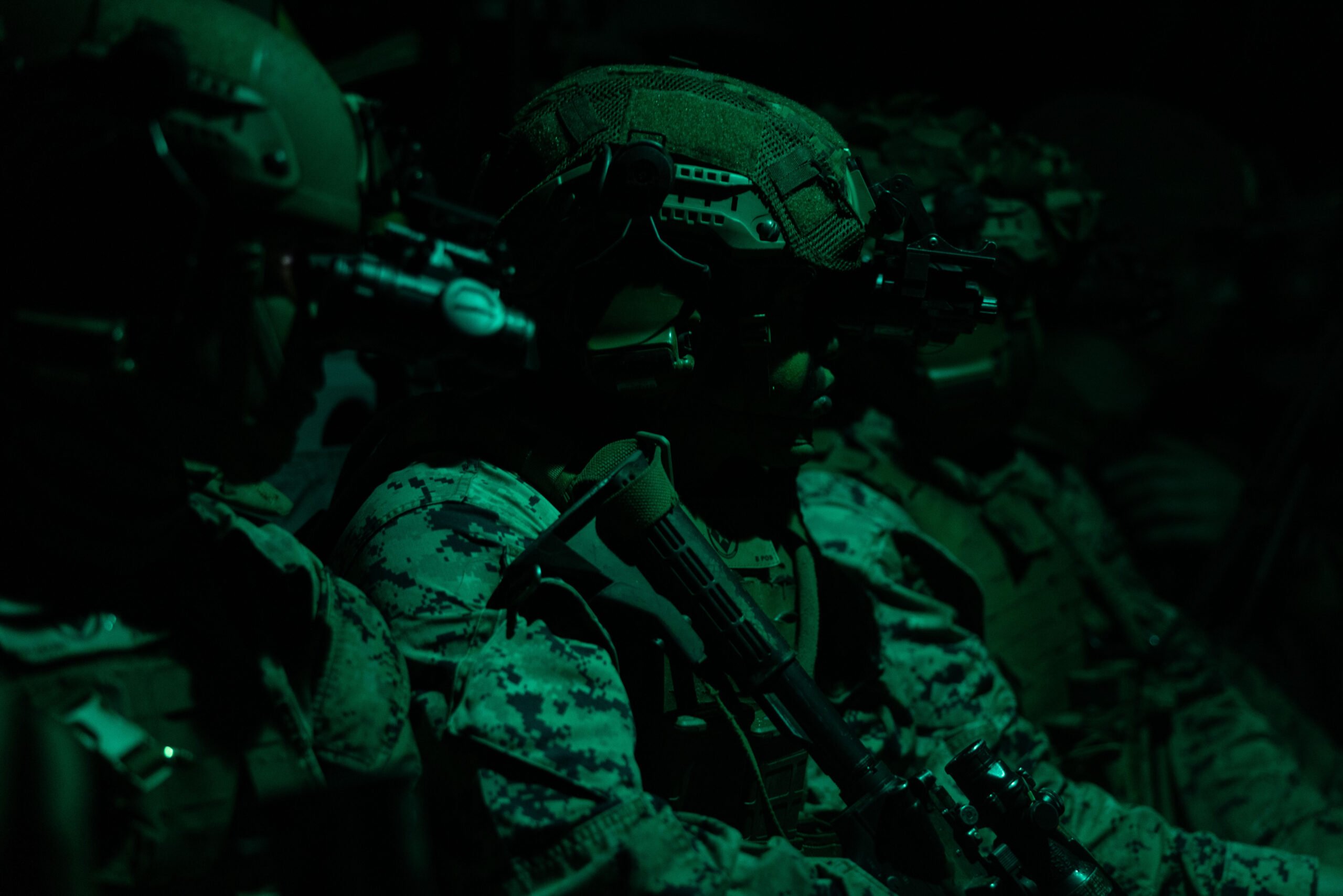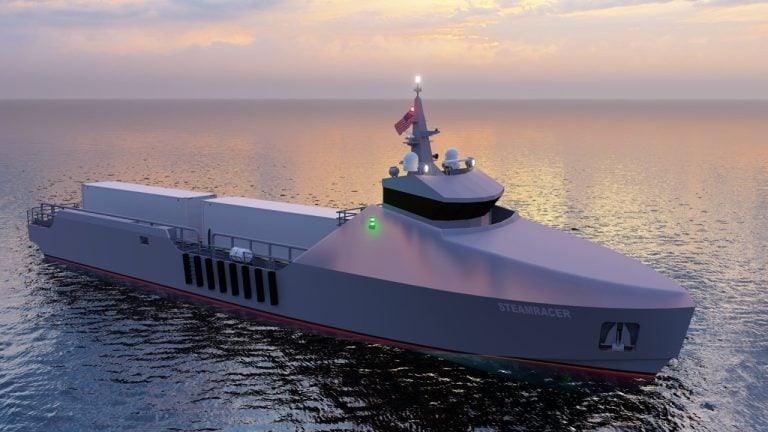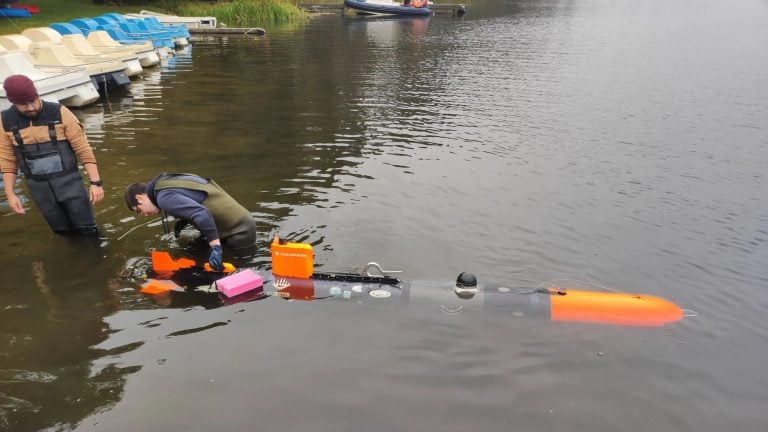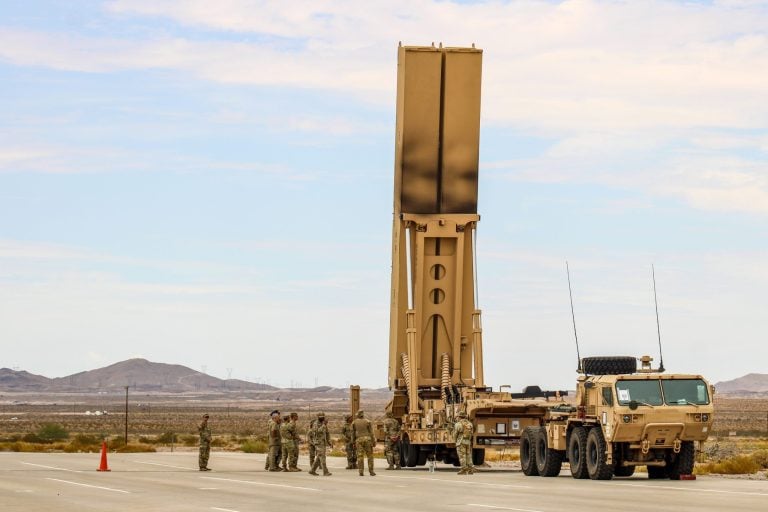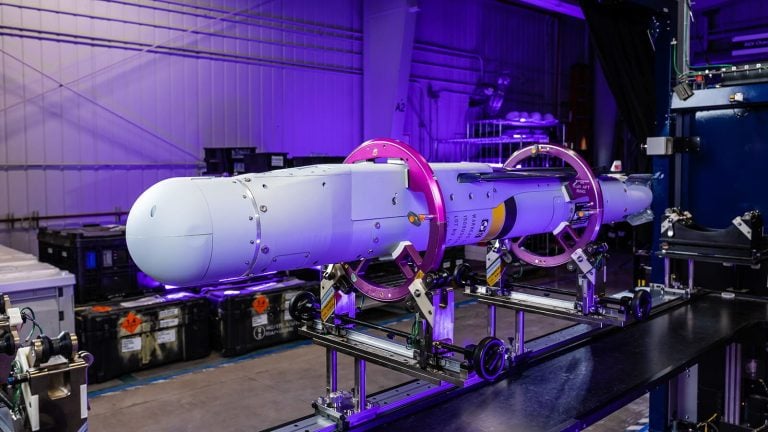Experts at the US Army Research Institute of Environmental Medicine (USARIEM) have made a significant discovery regarding genetics and stress resilience among soldiers. The Military Nutrition Division has identified a rare genetic variant associated with better stress management in military personnel, particularly during high-pressure training scenarios.
This research is part of a broader initiative that seeks to understand the factors contributing to success in demanding military environments. Over the past decade, the study has accumulated comprehensive data concerning physical performance, psychological resilience, and genetic markers among service members.
The investigation focused on 73 Special Forces candidates enrolled in a rigorous three-week Survival, Evasion, Resistance, and Escape (SERE) course at the US Army John F. Kennedy Special Warfare Center and School located in Camp Mackall, North Carolina. Throughout the training, researchers tracked the soldiers’ stress responses using a combination of questionnaires, saliva samples to measure cortisol levels, and genetic analyses.
Cortisol, known as the body’s primary stress hormone, spiked nearly tenfold during peak stress periods within the training. Despite the drastic increase in stress hormone levels, many soldiers reported heightened focus and adaptability by the end of the course. Researchers noted that these positive changes in perception closely correlated with the presence of a rare gene variant identified as SNP rs4251417. This variant plays a crucial role in regulating serotonin, a neurotransmitter often referred to as the “feel-good” chemical in the brain. Interestingly, only 15 percent of the trainees possessed this variant, compared to 9 percent in a general comparison group.
While the initial findings indicate that those with higher stress tolerance may be more inclined to pursue demanding military roles, researchers emphasize the necessity for further studies to validate these connections fully.
The implications of identifying biological markers of resilience could be profound. The US Army suggests that this discovery might lead to enhanced training protocols and interventions for soldiers facing extreme stress, ultimately benefiting their mental health and overall performance.
Dr. Harris Lieberman, a research psychologist leading the study, outlined the potential advancements in treatment options for individuals predisposed to psychiatric conditions exacerbated by intense stress exposure. He indicated that understanding the mechanisms of mental strain can pave the way for therapeutic approaches that address these deeper-rooted challenges.
The findings have been detailed in a paper published in the journal Anxiety, Stress, and Coping, titled “The minor allele of the serotonin transporter gene variant rs4251417 is associated with increased resilience in soldiers experiencing acute stress during survival training: preliminary findings.”
